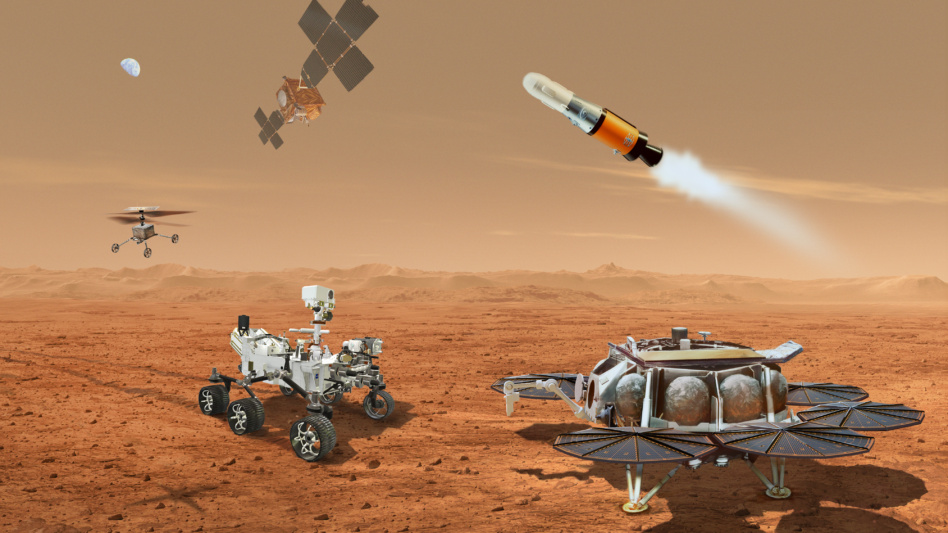The Swedish government adopted its first ever defense and security strategy for space on July 4, outlining the country’s plan to increase its capabilities in space and ensure the safety and security of itself and its allies.
The space strategy comes alongside the adoption of a broader national security strategy, both of which emphasize closer ties to NATO, the EU, and the US in the face of growing geopolitical instability in Europe.
The eyes in the Arctic: The basis of Sweden’s space strategy rests in the Nordic nation’s unique position on the Baltic coast and within the Arctic circle, which make the country both a prime location to keep an eye on the northern front and a more attractive target for Europe’s adversaries.
The strategy highlights four principles:
- Promoting the peaceful use of space through diplomacy and maintaining readiness in the case of space-based threats.
- Investing in its research and technological competencies to make it a sought-after partner for the western world.
- Ensuring Sweden’s national interests align with its international allies in NATO and the EU.
- Organizing the country’s space industry so that it can be prepared to safeguard its own security.
“With this strategy, we are strengthening the defense and security dimension of space policy so that Sweden is better postured to meet the challenges in space and to use space for defense and security,” Swedish Minister for Defense Pål Jonson said in a statement.
In practice: Compared to the rest of Europe, Sweden’s space industry is relatively advanced. The Swedish National Space Agency has seven satellites in orbit, and partners with dozens of companies in the country providing manufacturing and support services across the global space industry.
Sweden is also on the verge of having its own spaceport. The Swedish Space Corporation is building an orbital launch facility at its Esrange Space Center and has signed agreements with Perigee Aerospace and Firefly Aerospace to launch as early as 2025.





